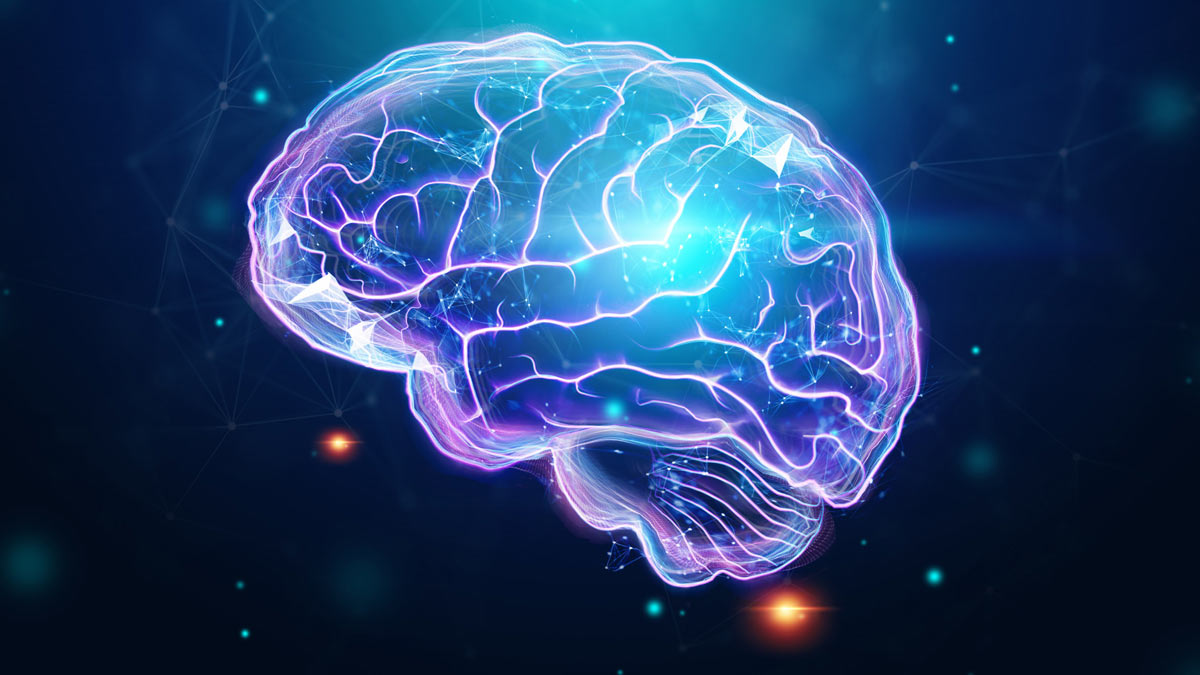
According to a recent study, published in Nature Neuroscience, researchers discovered that a cluster of neurons in the amygdala, which is a part of the brain involved in feeling emotions and decision-making, can also trigger us to eat sugar and fat. While talking to Medical News Today, Alessandro Furlan, assistant professor at the Department of Neuroscience at Karolinska Institute, Sweden, one of the study’s authors, said, "The identification of the neuronal substrates mediating overeating could provide new molecular targets for devising new anti-obesity treatments."

To conduct the study, the researchers analysed many lab experiments on mice to know about their neuronal behavior. In the first part of experiments, they noted their neural activity as a reaction to eating regular chow or a high-fat diet (HFD) post food restriction. After an HFD, but not chow, the researchers observed higher levels of activity in some neurons in a part of the amygdala called the interstitial nucleus of the posterior limb of the anterior commissure (IPAC). The findings clearly said that some specific neurons of the IPAC may be stimulated after the consumption of palatable food, and not surely an energy deficit.
Also read: Sugar Is Not All Bad, Know Its Benefits For Skin And Health
The researchers also conducted another experiment to check if activating these neurons would also result in overfeeding. They found that 'stimulating' these neurons on increased impacted the mice’s intake of all foods and drinks. But, the impact was more for coconut and olive oil-flavored HFDs and white chocolate than for chow and dark chocolate. Moreover, it was observed that switching the neurons off can result in reduced feeding.
How we keep this article up to date:
We work with experts and keep a close eye on the latest in health and wellness. Whenever there is a new research or helpful information, we update our articles with accurate and useful advice.
Current Version